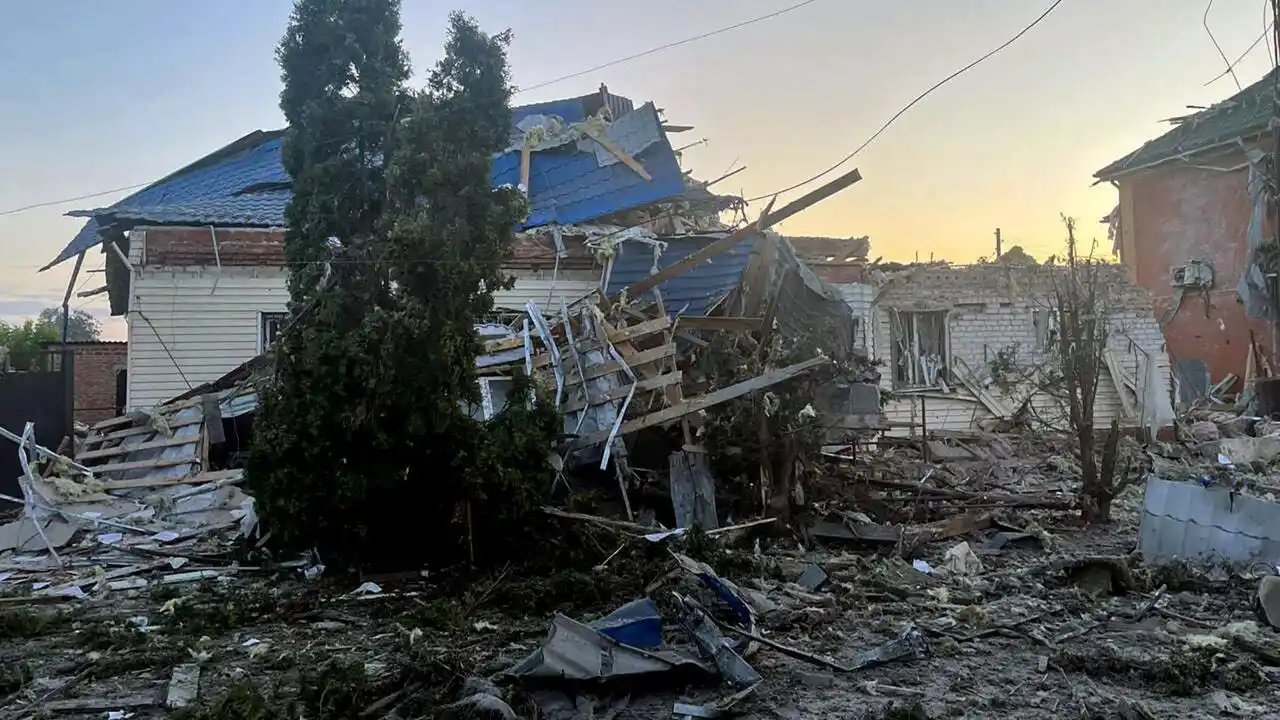A Shock No One Was Ready For
On August 6, 2024, Ukrainian forces broke through the border and entered Russia’s Kursk region. Units of the Armed Forces of Ukraine held parts of the border area for eight months. The episode became one of the most painful and consequential moments of the Russian-Ukrainian conflict.
In the official Russian narrative, these events were framed as a counterterrorism operation rather than an act of armed aggression by a foreign state. However, this interpretation has been openly challenged by many Russian war correspondents and pro-war “Z” bloggers. To date, the Russian authorities have not provided a clear public assessment of the causes or consequences of the incursion by foreign troops onto Russian soil.
Both Russia’s military and civilian governance systems were unprepared for the reality of territorial occupation. The situation in Kursk was formally downgraded to the level of a “counterterrorism operation” (KTO) and kept information-closed from the public. This was largely driven by the Kremlin’s unwillingness to escalate the conflict further and formally transition the “special military operation” (SMO) into a full-scale war. The Kremlin ultimately managed to keep the situation under control.
Corruption, Denial, and the Scapegoating of Civilians
In the months leading up to the Ukrainian incursion, massive defensive fortifications were being built along the border. However, they failed to stop the Ukrainian advance. Within security circles, it is widely believed that embezzlement during the construction process led to critical breaches in the defensive lines. This later resulted in internal investigations, criminal cases, and a wave of resignations. Regional officials, by contrast, insisted that the structures fully met technical specifications and blamed the failures on active combat operations. Neither side, however, based its claims on an objective investigation. In fact, no thorough inquiry was ever conducted—neither by the federal government nor by the State Duma.
Responsibility for the failure was placed primarily on civilian officials: former governor Roman Starovoit, his successor Alexei Smirnov, various regional administrators, and contractors who had received state tenders. The military leadership, despite having operational control over the border fortifications, was left untouched by public criticism.
This is telling. In Russia’s rigid vertical of power, it is civilian officials who are typically scapegoated, while military institutions retain the ability to distance themselves from the consequences.
The Ukrainian incursion revealed the incapacity of regional structures to operate in a crisis. Local officials were visibly disoriented, losing control of the situation in its early stages. According to local sources, more than 300 civilians were killed during the fighting, and tens of thousands lost their homes. The damage is estimated in the tens of billions of rubles. The regional economy has yet to recover.
The system of state governance proved unable to function under wartime conditions. It took several months just to establish basic coordination. Local officials—essentially paralyzed bureaucrats with no independent authority—failed to respond effectively. To this day, the Kremlin has not issued any public assessment of the actions of Kursk regional authorities. Unsurprisingly, Kursk has since become one of the most protest-prone regions in Russia, with public trust in local leadership having sharply declined.
A Broken Region, and No Will to Rebuild
The region remains deeply traumatized—with destroyed infrastructure, a demoralized population, and no clear plan for recovery. The appointment of charismatic politician Alexander Khinshtein as governor has not resolved the crisis. His leadership has failed to produce a competent and effective administrative team. Instead, there has been constant turnover among local officials.
Corruption scandals involving the misuse of mobilization-related funds continue to surface across the region. Investigations have been sporadic, and punishments selectively applied. Security agencies have increased pressure on officials in other border regions, but the overall model of governance remains unchanged.
According to political analysts, the “Kursk case” remains entirely closed off from public scrutiny. The Kremlin has so far shown no interest in examining its causes and consequences—despite the fact that doing so could provide critical insights for reforming regional crisis management in the future.


















